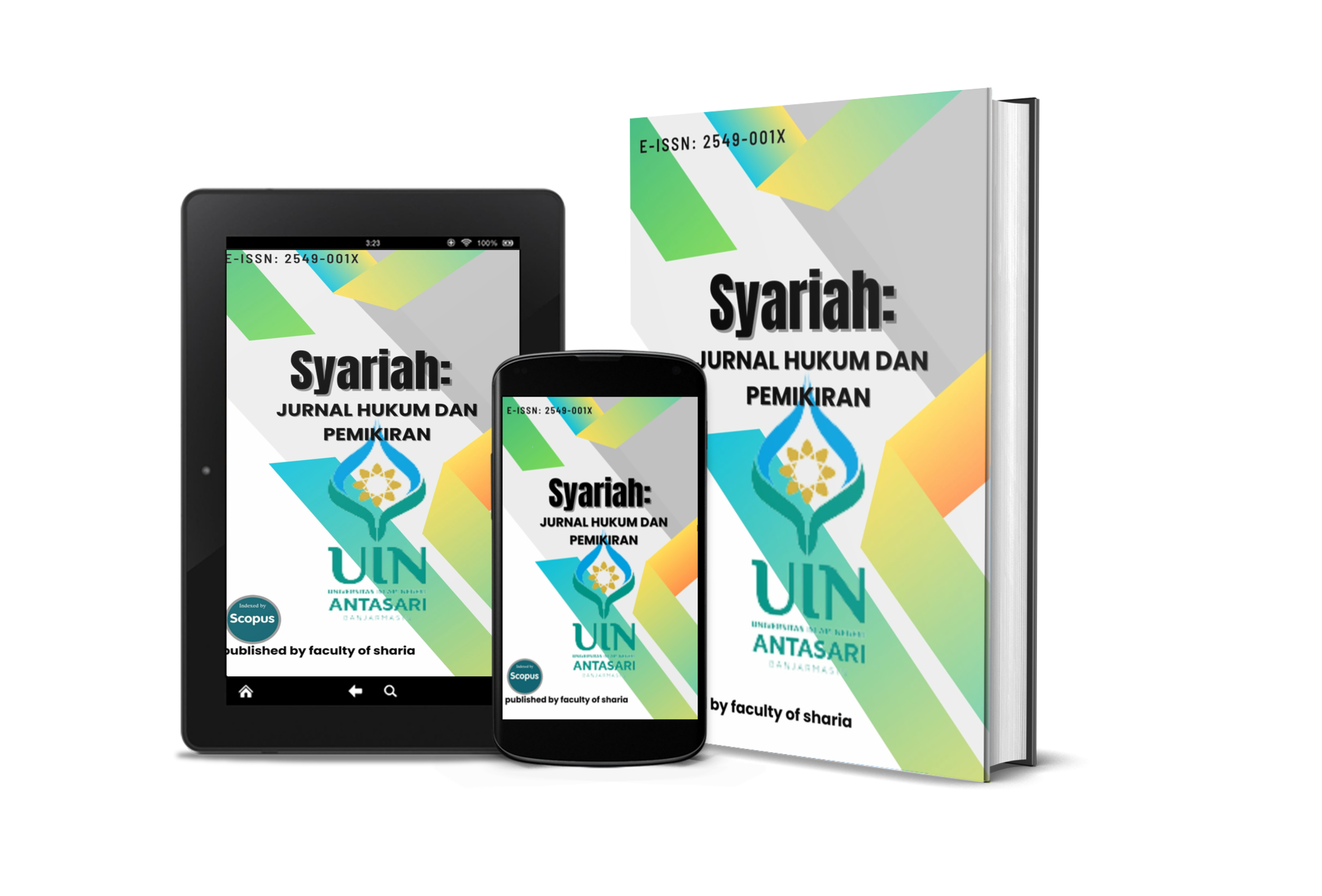Science And Its Role In Changes In Islamic Legal Thought (An Analysis Of Changes In The Fatwa Of The Indonesian Ulema Council Due To Recent Scientific Findings)
DOI:
https://doi.org/10.18592/sjhp.v23i2.11361Abstract
Abstract: This study argues that scientific findings play a role in encouraging changes in the fatwas of the Indonesian Ulema Council (MUI). This research is library research that takes the fatwas of the Indonesian Ulema Council (MUI) as its primary source. Those fatwas are Fatwa on Vasectomy/Tubectomy, Fatwa on Meningitis Vaccine for Hajj and Umrah Jama'ah, Fatwa on Determination of the Beginning of Ramadan, Shawwal and Dhulhijjah, and Fatwa on Qibla Direction. Data collection was conducted using document study techniques. The data analysis is done with the content analysis method. The results of this study show that scientific findings play an important role in encouraging changes in MUI fatwas into three patterns of change, namely: First, rukhsah, which is the change of fatwa in the form of giving leeway to the legal provisions of the previous fatwa, as the change of MUI fatwa on vasectomy/tubectomy. Second, nasakh is the change of fatwa in the form of eliminating/canceling the legal provisions in the previous fatwa, such as the change of MUI fatwa on Meningitis Vaccine for Hajj and Umrah Jama'ah. Third, takmîl is the change of fatwa in the form of perfecting/completing the legal provisions in the previous fatwa, as the change of MUI fatwa on the determination of the beginning of Ramadan, Shawwal and Dhulhijjah, and fatwa on Qibla direction. Methodologically, in addition to considering the latest scientific studies, MUI fatwas are also equipped with shara' arguments including adequate verses of the Qur'an, Hadith, scholarly opinions, and ushul fiqh studies. Keyword: Science, Change, Fatwa, MUIDownloads
Published
2024-01-24
Issue
Section
Articles
License
Copyright (c) 2024 Muhammad Rasyid, Muhsin Aseri, Sukarni, Akh. Fauzi Aseri, Muhammad Syazwan Faid

This work is licensed under a Creative Commons Attribution 4.0 International License.
Authors who publish with this journal agree to the following terms:
- Authors retain copyright and grant the journal right of first publication with the work simultaneously licensed under a Creative Commons Attribution License that allows others to share the work with an acknowledgement of the work's authorship and initial publication in this journal.
- Authors are able to enter into separate, additional contractual arrangements for the non-exclusive distribution of the journal's published version of the work (e.g., post it to an institutional repository or publish it in a book), with an acknowledgement of its initial publication in this journal.
- Authors are permitted and encouraged to post their work online (e.g., in institutional repositories or on their website) prior to and during the submission process, as it can lead to productive exchanges, as well as earlier and greater citation of published work.



